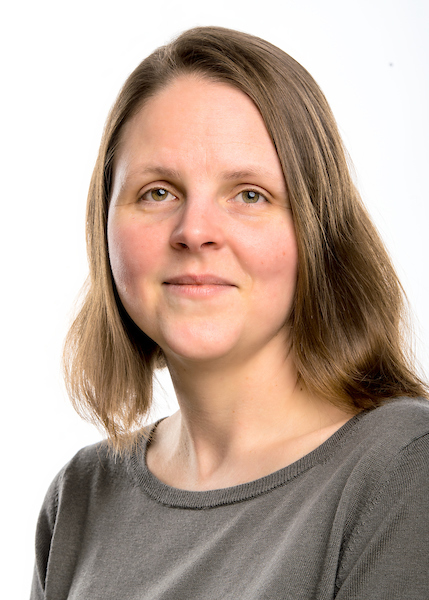Building community: Meet award-winning mentor Kimberley Mathot
Katie Willis - 13 October 2021
“I try to foster a sense of community, rather than competition, in my research group,” said Kimberley Mathot when asked about her experience as a leader and a mentor. “Everyone in my research team has unique talents and perspectives that they bring to the group and which contribute to a diverse and exciting research environment.”
Mathot is an assistant professor in the University of Alberta’s Department of Biological Sciences and Canada Research Chair in evolution and ecology—and the 2021 recipient of the U of A’s Killam Award for Excellence in Mentoring. This award is made possible by the Killam Trusts, which are among Canada's largest and most prestigious endowments for scholarly activities.
Hear from Mathot on discovering a passion for research and what makes her lab a team.
What inspires you to be a teacher and a mentor?
During my own undergraduate studies, I was a pre-med student. Then, in my third year of studies, an inspiring professor changed the course of my life. I realize that sounds dramatic, but I literally abandoned plans to apply for medical school and became completely hooked on research. So I find teaching exciting because I understand how formative it can be for students when they have a teacher/mentor that inspires them.
I love the feeling when you are talking with students and you see the spark that something has clicked—they understand something that they were struggling with before, or they start making new connections. I know that research isn't going to be every student's passion, but if I can help students become critical thinkers, that's a skill that they can take wherever their paths lead them.
What makes you passionate about your field?
I'm a behavioural ecologist, and I do what's called fundamental research: research for the sake of generating knowledge. I get to ask questions for a living, and then try to devise clever ways to answer them. What's not to love about that? I'm always a bit in awe of how much we know and have learned about the systems we work with, but at the same time, that we will never be done learning.
How do you cultivate a community in your lab?
It's an incredible privilege to get to do the work that I do, and there are far more people qualified for jobs in academia than there are available jobs. That often leads to very competitive environments in research groups that can stifle talent. I try to foster a sense of community, rather than competition, in my research group. Everyone in my research team has unique talents and perspectives that they bring to the group and which contribute to a diverse and exciting research environment.
I refer to myself and the group of trainees working in my research group as a team to capture the sentiment that we work collaboratively and that our successes are shared. We help each other out, we celebrate one another, and we treat each other with respect.
What makes the University of Alberta's Faculty of Science the ideal place to do this work?
The University of Alberta, and the Faculty of Science in particular, is a fantastic place to do this type of work. The Faculty of Science has a reputation for valuing discovery-based research, and has lots of infrastructure and facilities to support my research.
But I think the most important factor that makes the Faculty of Science an ideal place to work from my perspective are the colleagues that are here. We have such a strong group in the Department of Biological Sciences, spanning a wide range of expertise. It's a really stimulating environment.
